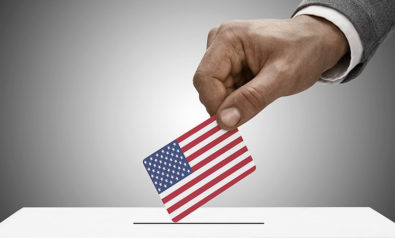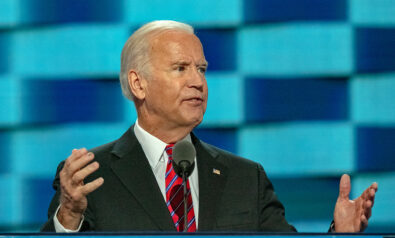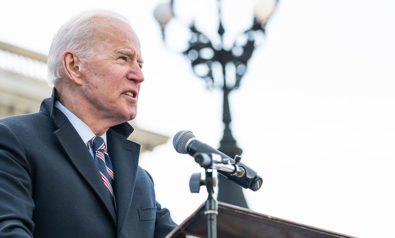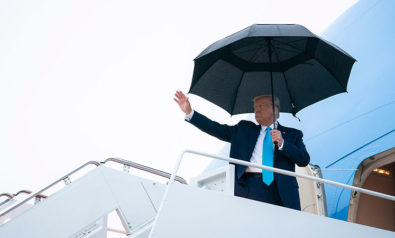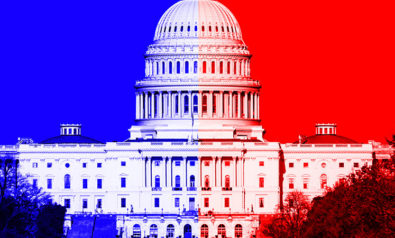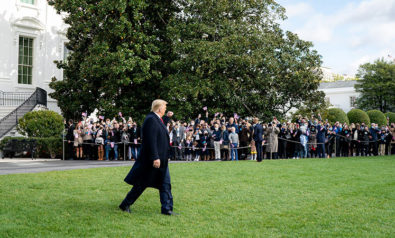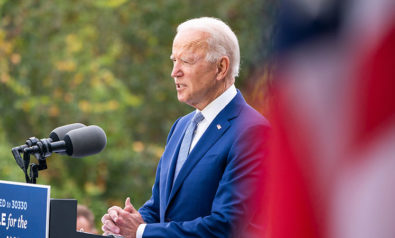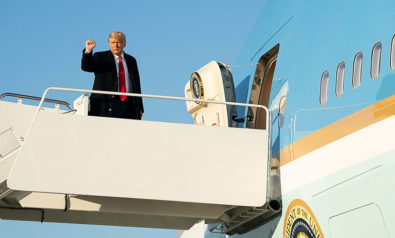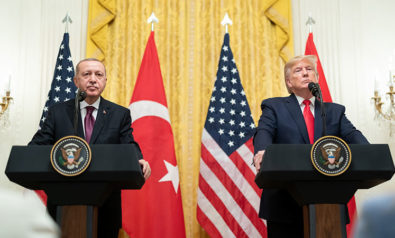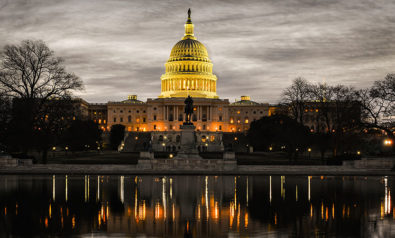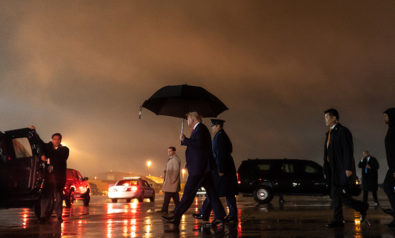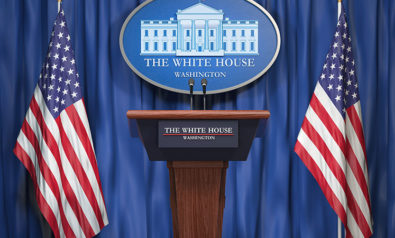There are many things we look for in a president. We look for leadership and the ability to manage grave challenges like a pandemic. While most people are focused on avoiding COVID-19 and keeping their jobs, we would be wise to remember that one of the most important roles for any president is to build a set of global allies who will stand with us when inevitable conflicts occur.
Today, America faces unprecedented challenges from foreign powers, especially China and North Korea. To meet the challenges, we must build a coherent foreign policy that the world — especially our allies — can understand and support. We are witnessing China increasingly flexing its muscles on the Indian border, in Hong Kong, in the South China Sea and with Taiwan. America puts itself at risk to not realize that China is investing much of its resources into a growing, multifaceted military.
360° Context: The 2020 US Election Explained
The US needs to build alliances throughout Asia to ensure our stability for the next century. We need to be doubling down on our relationships with India, Vietnam, Taiwan, Japan and especially South Korea. South Korea is the world’s 12th-largest economic power and one of America’s strongest allies for the last 60 years. It has been a bastion of democracy housing one of the largest US military bases in Asia. It also houses an essential element of the West’s global supply chain for technology, transportation and telecommunications. This supply chain is more important than ever if relations with China continue to deteriorate.
While the importance of a strong South Korea policy is at an all-time high, US President Donald Trump managed to stick his finger in the eye of our Korean allies. In 2019, Trump demanded “out of thin air” that the Koreans pay $4.7 billion per year to station US military forces on the Korean Peninsula, according to CNN.
There is no question that our allies have to pay their fair share for defense. However, cost-sharing negotiations must be based on rationale and data. At precisely the time we need strong allies in Asia, President Trump is burning bridges. This is a major political gaffe that America needs to correct before our relationship suffers long-term damage. If the South Koreans cannot count on reasonable and predictable US foreign policy, they will have little choice but to abandon Washington and to seek out other alliances.
The South Koreans weren’t the only ones taken by surprise. Even Republican Senators Cory Gardner and Marco Rubio were unprepared to discuss the president’s comments. Senator Ed Markey, the top Democrat on the Senate Foreign Affairs Committee, said, “If South Korea decides that it is better off without the United States, President Trump will have undermined an over 60-year shared commitment to peace, stability, and rule of law.”
The United States can do better. We need to deepen our relationship with South Korea as an essential partner for dealing with North Korea and China. We should be doing the same with other Asian countries and continue to promote the policies that Democratic and Republican secretaries of state have built over decades. A president needs to communicate a consistent game plan that the American people — and our allies — can understand and count on.
Presidential leadership needs to be even-handed and sensitive to the concerns of our allies. Demands should be replaced by reasonable requests and ample explanations. Insisting that allies vastly increase payments to the United States might make good domestic election-year politics at the cost of American safety in the world.
If we do not rethink the importance of our allies soon, we may be left to fight the next war alone.
The views expressed in this article are the author’s own and do not necessarily reflect Fair Observer’s editorial policy.
Support Fair Observer
We rely on your support for our independence, diversity and quality.
For more than 10 years, Fair Observer has been free, fair and independent. No billionaire owns us, no advertisers control us. We are a reader-supported nonprofit. Unlike many other publications, we keep our content free for readers regardless of where they live or whether they can afford to pay. We have no paywalls and no ads.
In the post-truth era of fake news, echo chambers and filter bubbles, we publish a plurality of perspectives from around the world. Anyone can publish with us, but everyone goes through a rigorous editorial process. So, you get fact-checked, well-reasoned content instead of noise.
We publish 2,500+ voices from 90+ countries. We also conduct education and training programs
on subjects ranging from digital media and journalism to writing and critical thinking. This
doesn’t come cheap. Servers, editors, trainers and web developers cost
money.
Please consider supporting us on a regular basis as a recurring donor or a
sustaining member.
Will you support FO’s journalism?
We rely on your support for our independence, diversity and quality.



